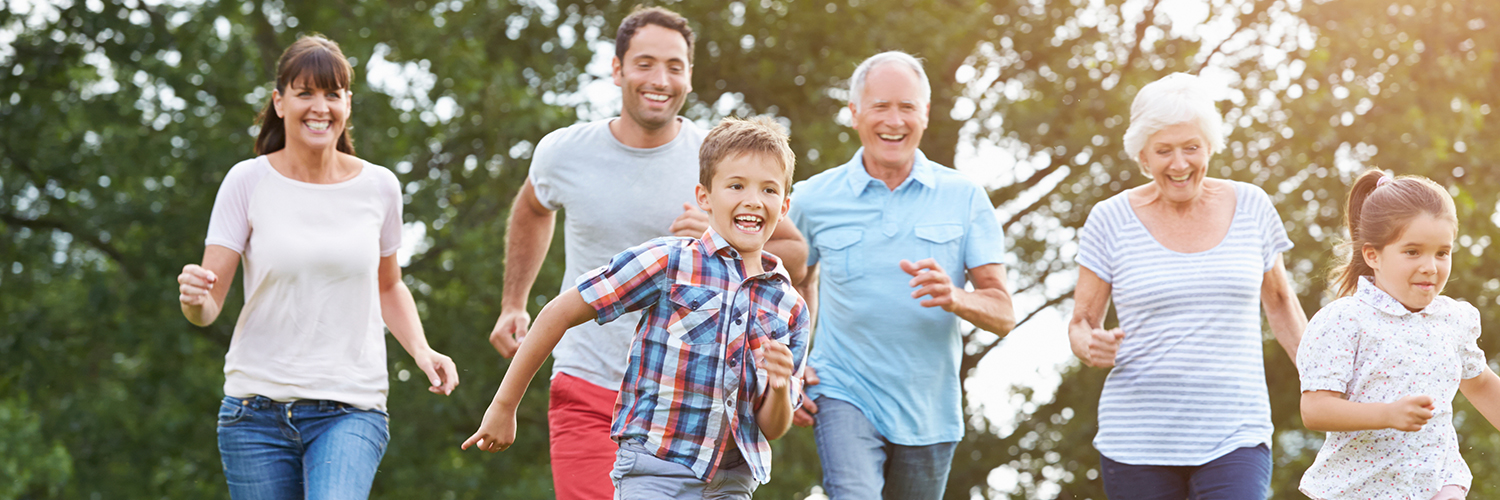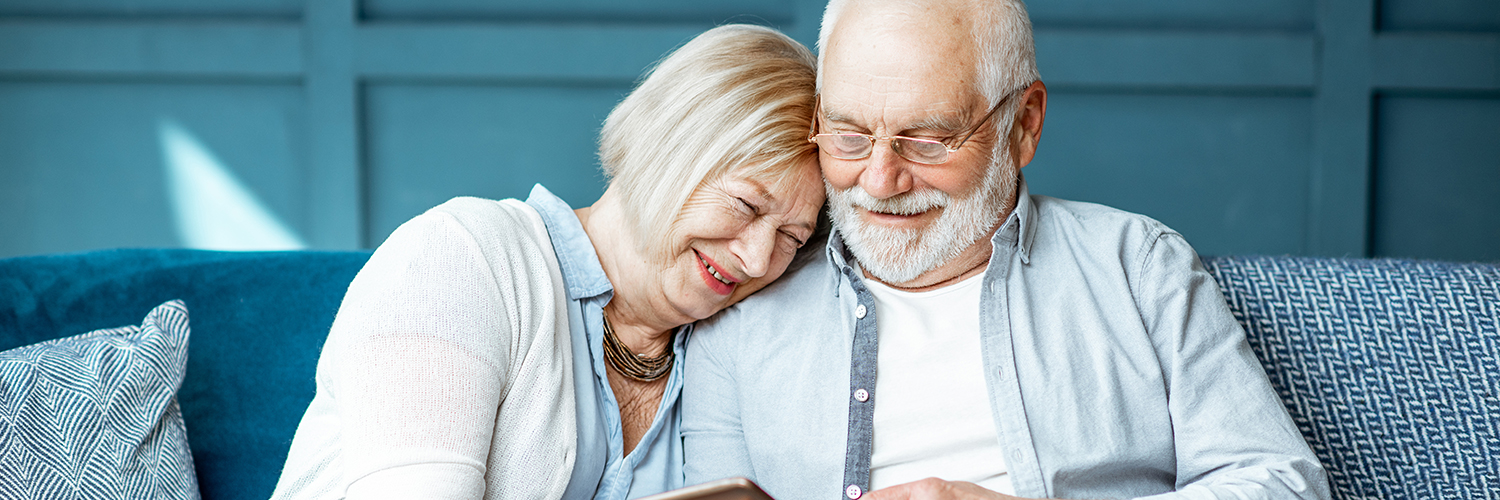SUDDEN CARDIAC DEATH
What is sudden cardiac arrest?
Sudden cardiac arrest is a life-threatening condition in which your heart comes to a standstill. Your heart isn’t pumping blood anymore. Within minutes, this puts your organs and whole body at risk of death. They must constantly receive oxygen. Your blood delivers that oxygen.
Emergency treatment includes cardiopulmonary resuscitation (CPR) and defibrillation. CPR keeps enough oxygen in your lungs and gets it to your brain until an electric shock restores a normal heart rhythm. CPR and defibrillators may save your life.
Call 999 if you see someone drop to the ground and you suspect sudden cardiac arrest. The faster emergency measures, including CPR and defibrillation are administered, the higher the chances of survival with good health outcomes.
What is sudden cardiac death?
Sudden cardiac death (SCD) is a sudden, unexpected death. A loss of heart function (sudden cardiac arrest) causes it. Sudden cardiac death is the largest cause of natural death in the United States. It causes about 325,000 adult deaths in the nation each year. Sudden cardiac death is responsible for half of all heart disease deaths.
Sudden cardiac death occurs most frequently in adults in their mid-30s to mid-40s. It affects men and people assigned male at birth (AMAB) twice as often as it does women and people assigned female at birth (AFAB). This condition is rare in children, affecting only 1 to 2 per 100,000 children each year.
What happens during sudden cardiac death?
When you have a sudden cardiac arrest, your body’s organs can’t receive any oxygen. Without immediate help to get oxygen to your brain and other vital organs, this is fatal.
Is sudden cardiac death painful?
Some people have chest pain during the initial seconds of sudden cardiac arrest. However, once you lose consciousness, you don’t feel pain.
How is sudden cardiac arrest different from a heart attack?
Sudden cardiac arrest happens when your:
- Heart’s electrical system malfunctions and suddenly becomes irregular.
- Heart beats dangerously fast.
- Ventricles may flutter or quiver (ventricular fibrillation).
As a result of these electrical changes to your heart, it can’t pump blood, and blood doesn’t reach the rest of your body. As a result, this condition is fatal unless emergency treatment starts immediately.
In the first few minutes, the greatest concern is that blood flow to your brain will be so limited that you’ll lose consciousness.
Sudden cardiac arrest isn’t a heart attack (myocardial infarction).
Heart attacks happen when there’s a blockage in one or more of your coronary arteries. This prevents your heart from receiving enough oxygen-rich blood. When oxygen in your blood can’t reach your heart muscle, you can have heart damage.
Who does sudden cardiac arrest affect?
Sudden cardiac arrest has many risk factors, especially coronary heart disease. However, you’re more likely to have a higher risk as you age and if you’re African-American and AMAB. Certain genetic causes of heart disease such as hypertrophic cardiomyopathy also increase the risk of sudden cardiac death.
What are the symptoms?
In more than half of the cases, sudden cardiac arrest happens without prior symptoms.
Sudden cardiac arrest symptoms may include:
- Fainting (losing consciousness).
- Racing heartbeat.
- Chest pain.
- Dizziness.
- Lightheadedness.
- Shortness of breath.
- Feeling sick to your stomach and throwing up.
This means that a potentially dangerous heart rhythm problem has started, which is why these are also sudden cardiac death symptoms.
What causes a sudden cardiac arrest?
Abnormal heart rhythms called arrhythmias cause most sudden cardiac arrests. The most common life-threatening arrhythmia is ventricular fibrillation. This is an erratic, disorganized firing of impulses from your heart’s ventricles (lower chambers). When this happens, your heart is unable to pump blood. Without treatment, you can die within minutes.
Other sudden cardiac arrest causes include:
- Coronary heart disease.
- Congenital (since birth) heart conditions.
- Changes to your heart’s structure because of disease or infection.
- Extreme physical activity or blood loss.
What is the most common cause of sudden cardiac death?
Coronary artery disease causes most cases (80%) of sudden cardiac death. In people who are younger, congenital (since birth) heart defects or genetic abnormalities in their heart’s electrical system are often the cause. In people age 35 and older, the cause is more often related to coronary artery disease.
Other sudden cardiac death causes include cardiomyopathy from:
- Alcohol use disorder.
- Obesity.
- Genetic disorders of your heart muscle, including hypertrophic cardiomyopathy and arrhythmogenic cardiomyopathy.
Sudden cardiac death in athletes is rare (about 1 in 100,000 to one in 300,000 athletes). Most professional athletic programs will screen their prospective athletes for the most common causes of sudden cardiac death in that population, which in the United States is hypertrophic cardiomyopathy. It also happens more often in people AMAB.
In people who are younger, most sudden cardiac death occurs while playing team sports. In athletes age 35 and older, it happens more often while running or jogging. About 1 in 15,000 joggers and 1 in 50,000 marathon runners have sudden cardiac death.
Many factors can increase your risk of sudden cardiac arrest and sudden cardiac death.
The two leading risk factors include:
- Previous heart attack: Your risk of sudden cardiac death is higher during the first six months after a heart attack. Healthcare providers link 75% of sudden cardiac deaths to a previous heart attack.
- Coronary artery disease: Risk factors for coronary artery disease include smoking, family history of cardiovascular disease, high cholesterol or an enlarged heart. There’s a link between 80% of sudden cardiac deaths and coronary artery disease.
Other risk factors include:
- Prior episode of sudden cardiac arrest.
- Family history of sudden cardiac arrest or sudden cardiac death.
- Personal or family history of certain abnormal heart rhythms, including long QT syndrome, Wolff-Parkinson-White syndrome and ventricular tachycardia.
- Ventricular tachycardia or ventricular fibrillation after a heart attack.
- History of congenital (since birth) heart defects or blood vessel abnormalities.
- History of syncope (fainting episodes of unknown cause).
- Heart failure (a condition in which your heart’s pumping power is weaker than normal). People with heart failure are 6 to 9 times more likely than most people to have ventricular arrhythmias that can lead to sudden cardiac arrest.
- Dilated cardiomyopathy (causes about 10% of sudden cardiac deaths). Scarring and damage to your heart muscle increase the chance of abnormal heart rhythms, which in turn lead to heart attacks.
- Hypertrophic cardiomyopathy (a thickened heart muscle that especially affects your ventricles).
- Significant changes in blood levels of potassium and magnesium.
- Obesity.
- Diabetes.
- Recreational drug use.
- Taking drugs that are “pro-arrhythmic” may increase the risk for life-threatening arrhythmias.
If you have any of these risk factors, it’s important to speak with your healthcare provider about how to reduce your risk.
How is sudden cardiac arrest diagnosed?
Your healthcare provider can diagnose a sudden cardiac arrest if you:
- Aren’t breathing.
- Have no pulse.
- Aren’t conscious.
Many cases of sudden cardiac arrest are diagnosed post-mortem, as this condition is often fatal.
What tests will be done to diagnose sudden cardiac arrest?
To prevent future episodes of sudden cardiac arrest, your healthcare provider will want to do tests to figure out what caused your cardiac event. Tests may include:
- Electrocardiogram (ECG or EKG).
- Heart MRI.
- Blood tests to check electrolytes involved in your heart’s electrical conduction.
- Ambulatory monitoring.
- Echocardiogram.
- Cardiac catheterization.
- Electrophysiology study.
How is sudden cardiac arrest treated?
You can treat and reverse sudden cardiac arrest. However, emergency action has to start immediately. Survival can be as high as 90% if treatment starts within the first minutes after sudden cardiac arrest. The rate drops by about 10% each minute longer.
If you see someone experiencing sudden cardiac arrest, do this:
- Call 999 immediately.
- Start CPR, even if it’s just the hands-only version. CPR can save a life. It keeps blood and oxygen circulating until help arrives.
- Use an AED (Automated External Defibrillator) if there’s one available. CPR plus defibrillation rescues a person from sudden cardiac arrest. Using an AED is the best chance of helping the person survive. The shorter the time until defibrillation, the greater the chance of survival.
Once emergency personnel arrive, defibrillation can restart the person’s heart if they haven’t received a shock from an AED yet. Defibrillators shock your heart through paddles placed on your chest. Emergency personnel will also give intravenous medications called antiarrhythmics that work to restore the heart’s electrical rhythm.
After successful defibrillation, most people need hospital care to recover from the effects of their sudden cardiac arrest and to treat and prevent future cardiac problems.
How can I reduce my risk?
You can reduce your risk in many ways, such as:
- Keeping your regular follow-up appointments with your healthcare provider.
- Making healthy lifestyle changes such as losing weight and eating a low-fat diet.
- Avoiding smoking and other tobacco products.
- Taking medications your healthcare provider prescribes for high cholesterol or arrhythmia.
- Getting an implantable cardioverter defibrillator (ICD) if your healthcare provider recommends it.
- Having procedures or surgery your healthcare provider recommends, such as angioplasty or catheter ablation.
- Taking genetic testing if recommended by your physician to look for potential causes of sudden cardiac death.
- Teaching your family the importance of immediate care and learning CPR.
High school and college athletes should have a heart screening every two years. This should include an evaluation of their personal and family history (updated annually) and a physical exam. Their sports physician may recommend additional testing such as an electrocardiogram if there are any concerning findings on an initial evaluation.
If your healthcare provider suspects a heart problem, you should get a referral to a cardiologist.
What can I expect if I have sudden cardiac arrest?
Most people (about 90%) who have a sudden cardiac arrest outside of a hospital don’t survive. This is usually because they don’t get help in time. Most cases of sudden cardiac arrest that don’t happen in a hospital take place at home. Every minute that you don’t receive help is another minute your brain is without the oxygen it needs.
People who survive sudden cardiac arrest have a varied outlook, depending on how fast they received medical treatment. They usually need help regaining skills they had before their sudden cardiac arrest. This happens because you can have brain damage if too many minutes pass without oxygen reaching your brain. Other organs may also be affected, including resulting in kidney failure, liver failure and long-term heart disease.
How do I take care of myself?
Surviving sudden cardiac arrest is the start of a long recovery for many. Depending on how long your brain was without oxygen, you’ll likely have brain damage. This means you may not be able to do all the things you used to do every day. Also, you may have some mental health challenges like stress and depression.
If a rehabilitation program is available, you can use it to regain your abilities. This will take time and patience. Researchers have found that sudden cardiac arrest survivors’ quality of life got better after six months.
When should I see my healthcare provider?
You’ll most likely have follow-up appointments with multiple healthcare providers as you recover from sudden cardiac arrest. You’ll also have procedures or treatments that can help prevent you from having another sudden cardiac arrest.
Be sure to tell your provider if you’re having any new symptoms or if you aren’t feeling better during the expected time frame.
When should I go to the ER?
If you witness someone collapsing into unconsciousness, call 911 to get help. Start CPR and send someone else to find an AED.
What questions should I ask my doctor?
- Do you think I need to have an AED in my home?
- What resources are available to help me get back to my normal activities?
- What’s the risk of sudden cardiac arrest for my relatives?
- Should I have a defibrillator placed?
- Should I or my family members undergo genetic testing?
Surviving sudden cardiac arrest is a stressful experience. You’ll need time to recover and work on being able to do the activities you did in the past. Keep your follow-up appointments with your healthcare provider. Don’t be afraid to ask questions if there’s something you don’t understand. You may feel safer if your family takes a CPR class so they can help you if you have another sudden cardiac arrest.
Your kindness and good humour were very much appreciated and certainly put me at ease throughout the procedure, which on other ocassions has been quite daunting, your relaxed approach to my problem was very calm and professional.
A great team player, all of the nursing staff are very happy to work with Salahaddin as he is polite, efficient, and has a great aura of calmness and competence and appreciates the time to be light-hearted.
In Dr Salahaddin Ubaid I had a medical genius who also contributed significantly to aiding me overcome all of the negative worries and emotions I was feeling. The care he provided to me, his attention to detail, his personal knowledge, expertise, experience and skills was outstanding.
Dr Ubaid works well with all the staff. His approach to his fellow workers is both patient and respectful. His easy going manner makes him very approachable to ask advice and he accommodates any delays graciously. I personally look forward to working with him.
What I valued as much as his erudition was his people skills, he related to everyone as an individual, his understanding, communications, interactions and personable nature were exceptional. Dr Ubaid was quite simply staggering, he is somebody that has had a significant impact on me, not just for giving me my life back and for his medical genius but for being the person that he is.
His presence radiates a warmth, he instils confidence in all those around him, he sets an example for others to follow and is a role model for others to aspire to be like. He was kind, courteous, professional, understanding, caring and highly approachable and relatable as well as the medical guru we all benefit from and rely on to give us our lives back.
In life we all need role models, if I was in training to be a doctor you would certainly fit that role for me. I thank you so much for what you have done to allow me to continue with my fitness regime and wish you well in the life ahead of you.






